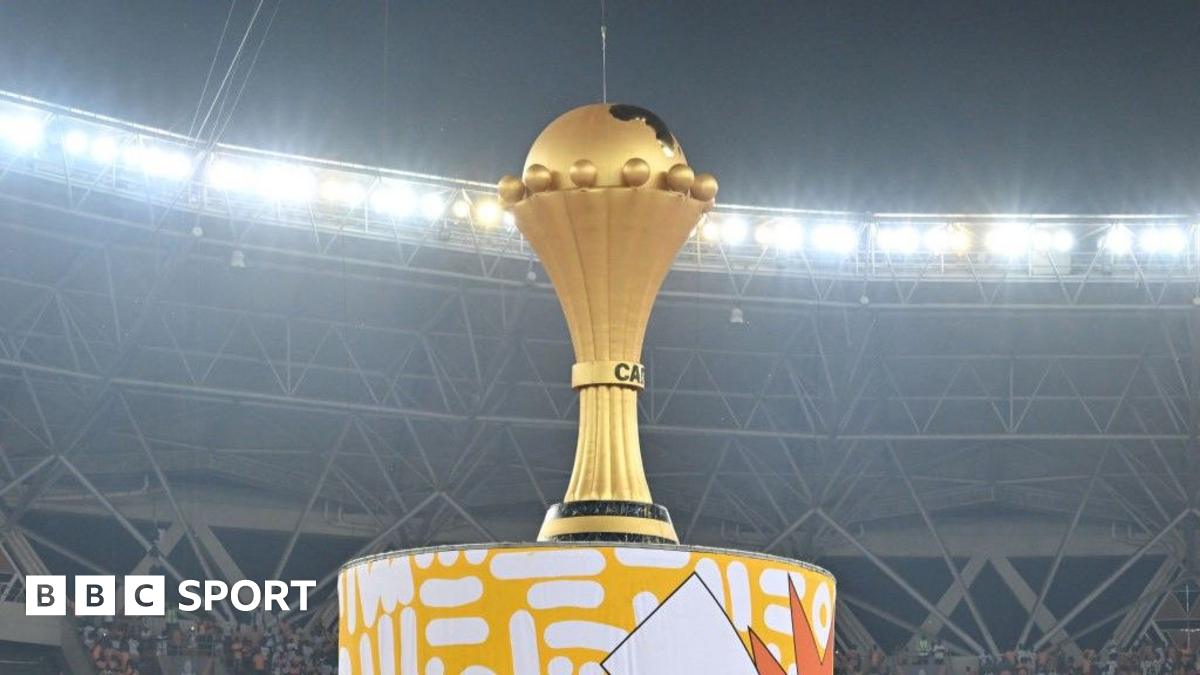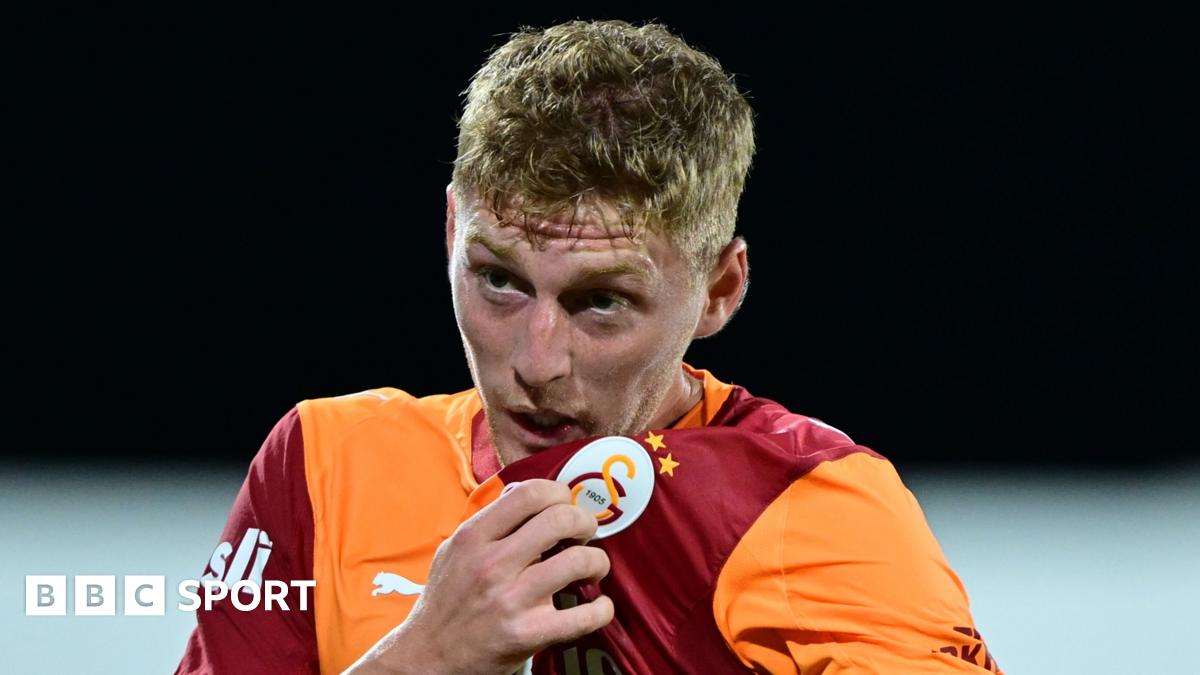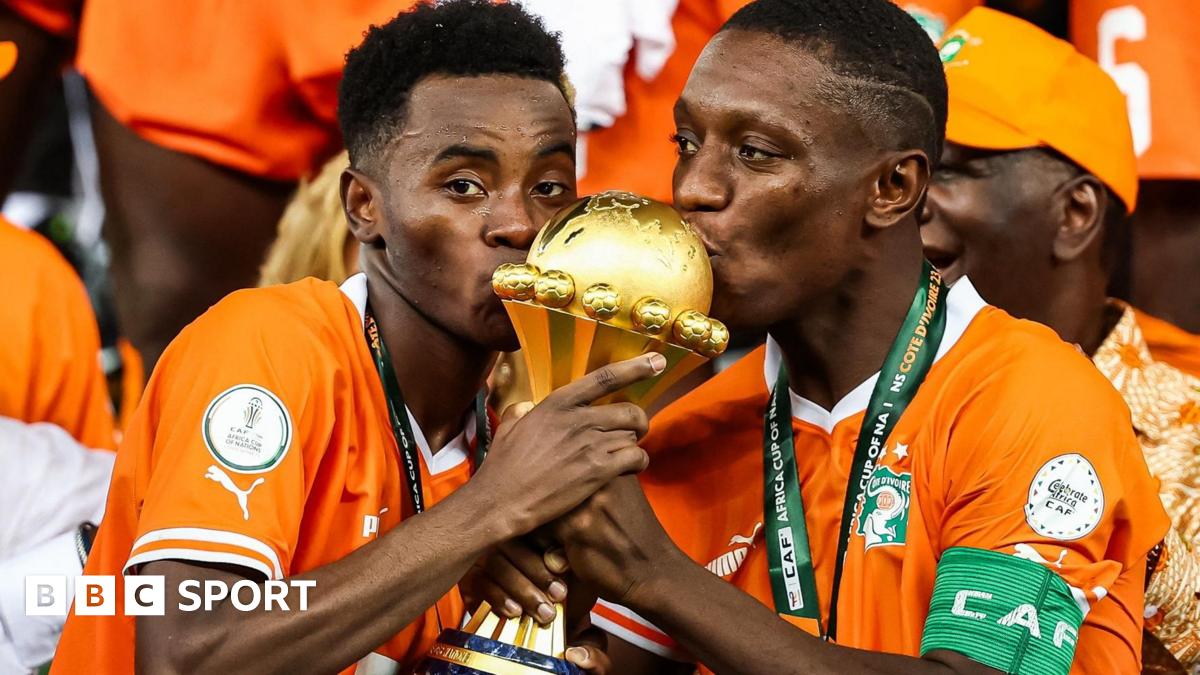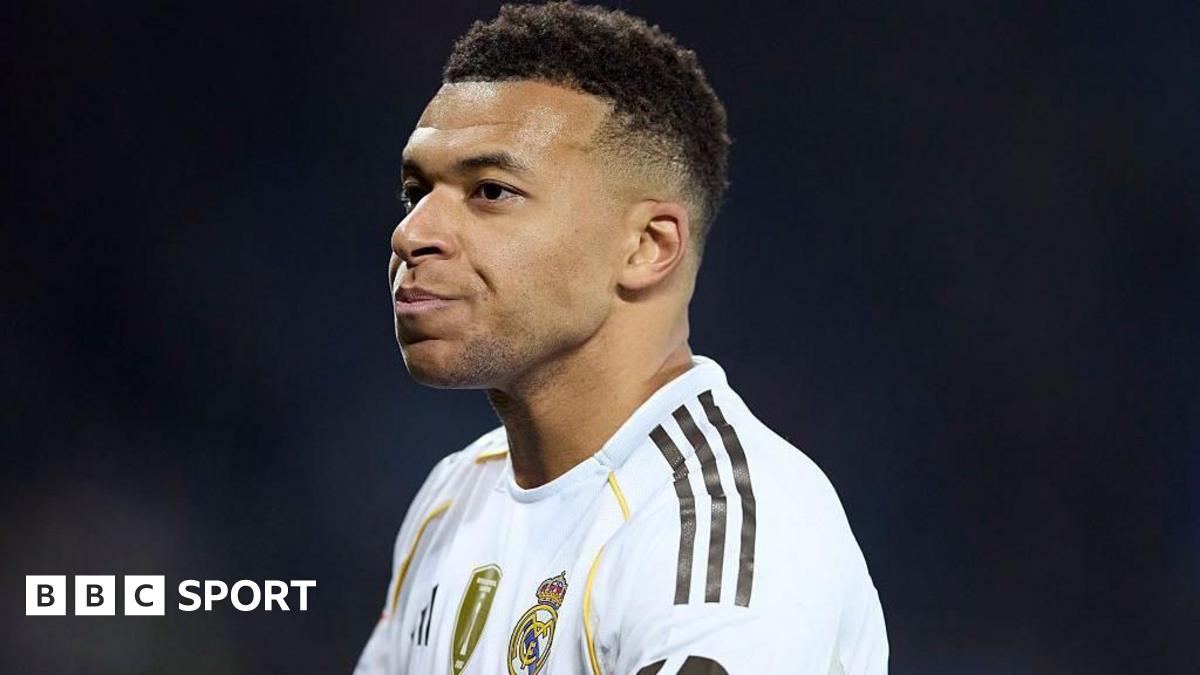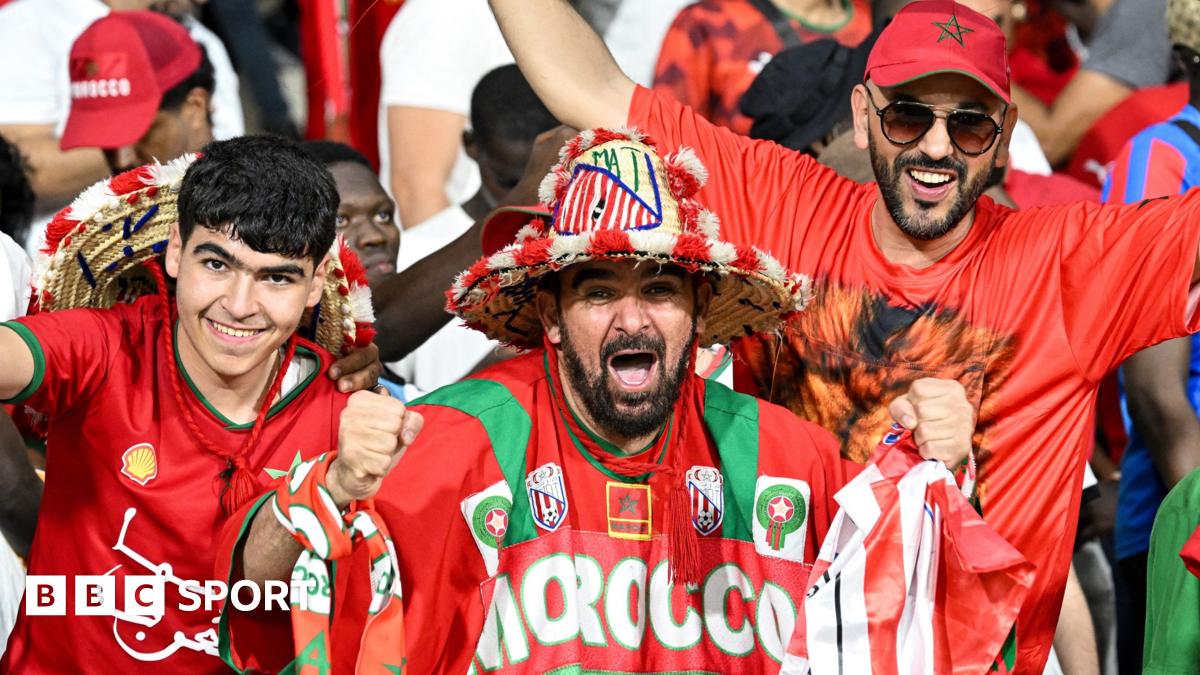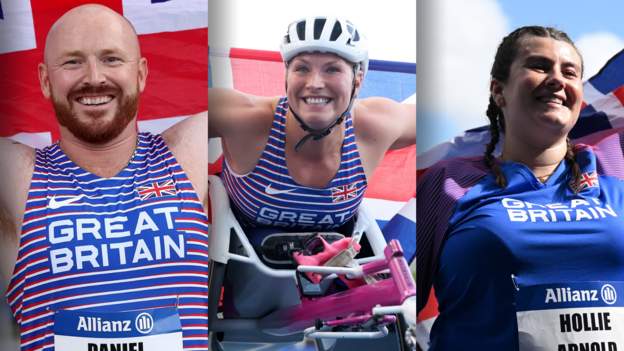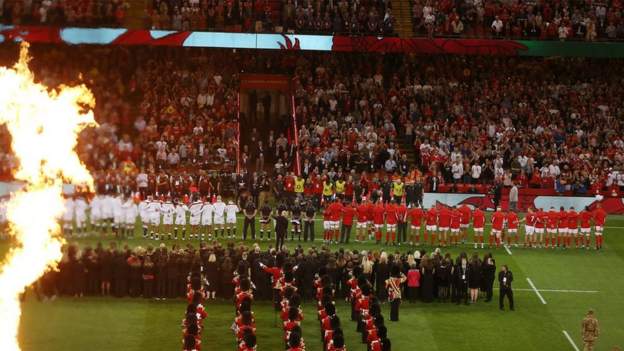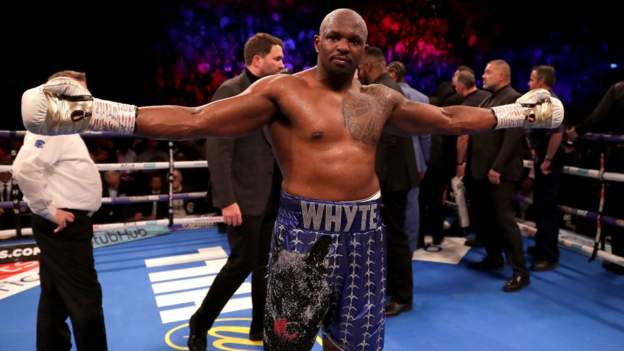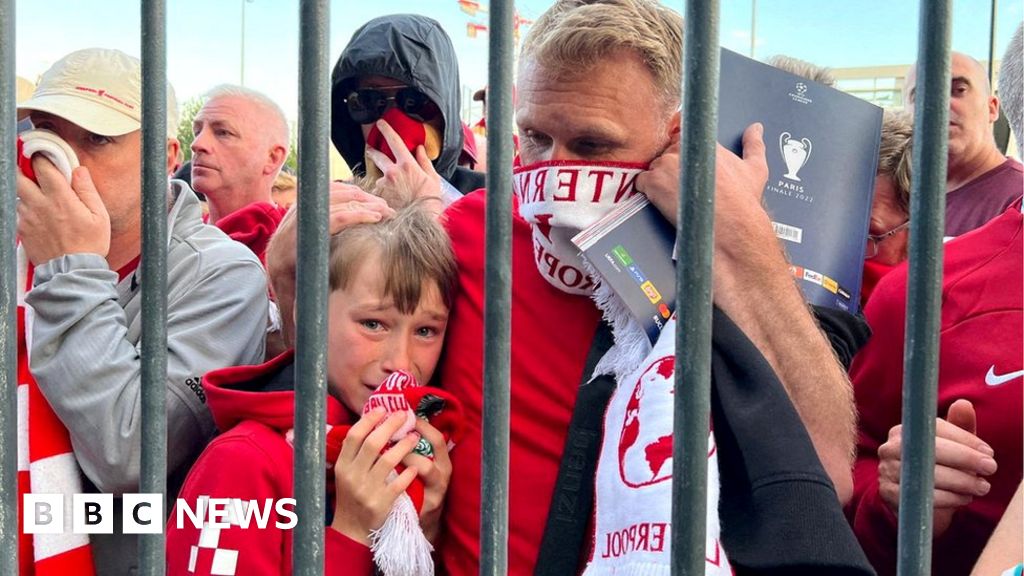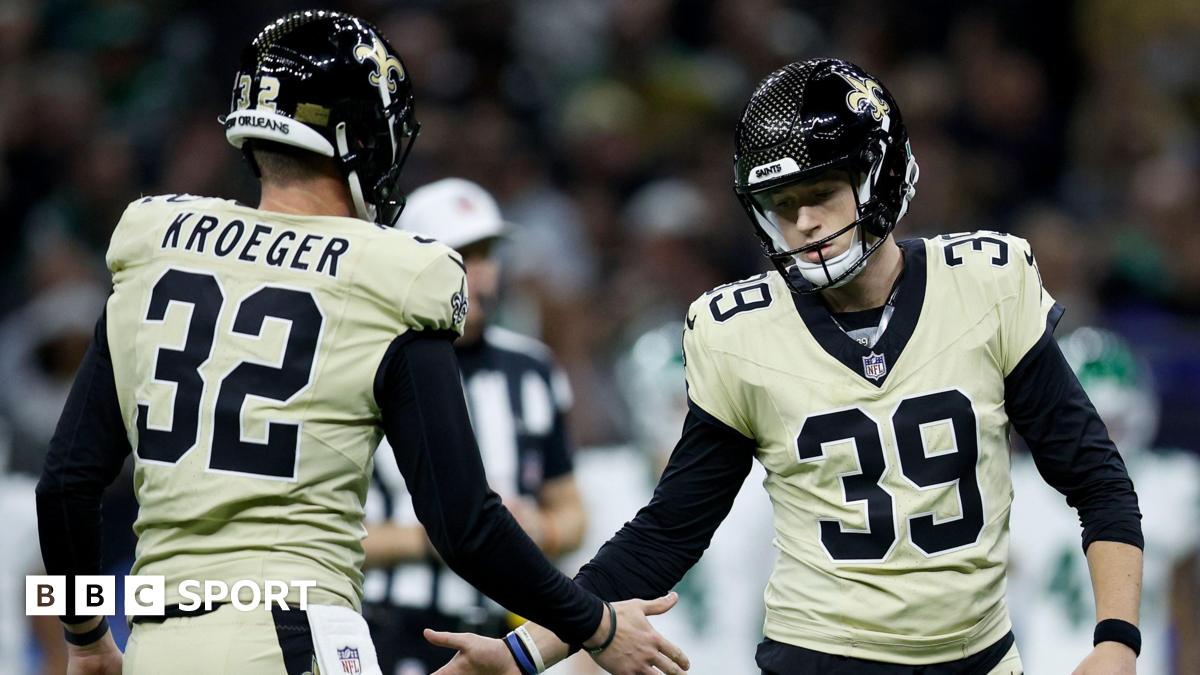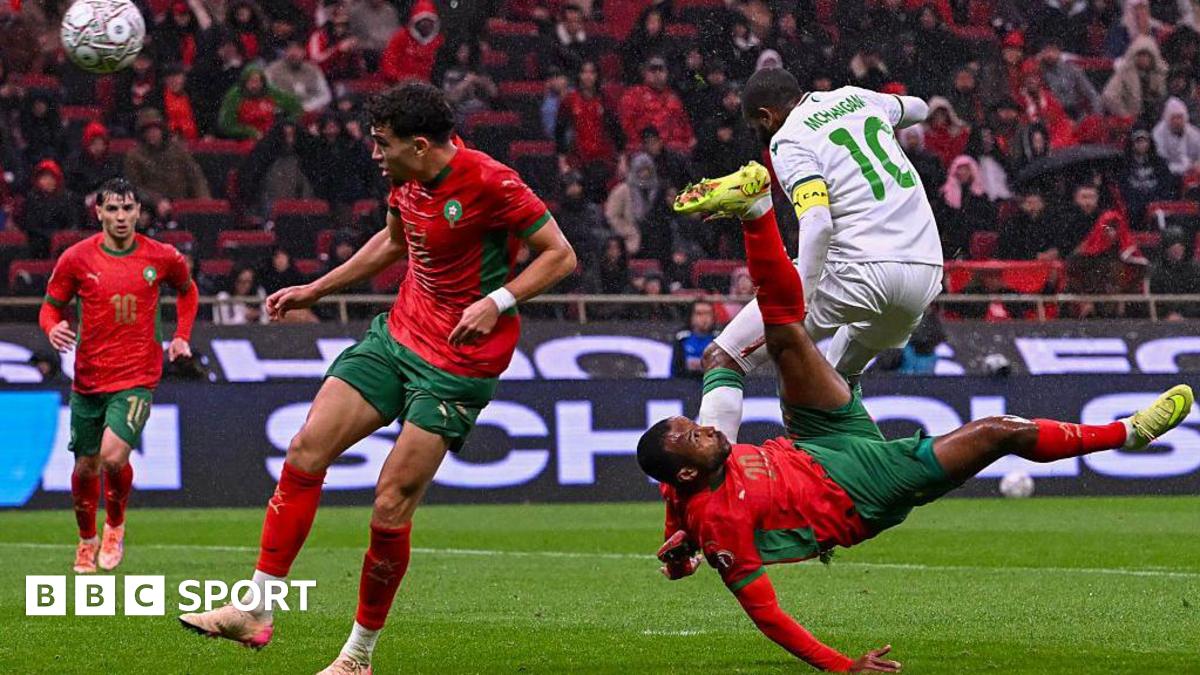UK Athletics’ head of Paralympic performance says the British team is in a good place after the Para Athletics World Championships in Paris.
Great Britain finished fourth in the final standings with 29 medals, including 10 golds.
Tom Paulson, overseeing his first major championship a little more than a year out from the Paris Paralympics, said he was pleased with the performances.
“It has been a really positive week for the team,” he told BBC Sport.
“It has been great to see those experienced hands coming back into the World Championship environment and delivering on the big stage.
“But we’ve had some new faces coming through who have really stepped up and that has been great to see as well – people like Zac Shaw, Ben Sandilands and Zak Skinner who have all won global medals for the first time.
“We have also had a number of fourth places which earns us Paralympic qualification slots, so we are in a good position ahead of next year and know where we need to focus and put the support teams in place to hopefully bridge that gap at the Games.
“With no major since the Tokyo Paralympics and no crowds in Japan, you forget that some of the athletes haven’t competed in front of a big crowd before, so for them to come and experience the environment and take it away for next year, whether they medal or not, is positive for us.
“However, there are athletes leaving here knowing they have work to do ahead of next year, but I am excited for what lies ahead over the next 12 months.”
How was the event received?
Paris pushed hard to pull in the crowds after two of the last three Worlds – Doha in 2015 and Dubai in 2019 – attracted little or no spectators and the Tokyo Paralympics was held behind closed doors.
Before the event, organisers said that 100,000 tickets had been sold for the 10 days of competition and there was plenty of billboard advertising on show around the city.
While the 20,000-capacity Charlety Stadium was never full, there were still healthy crowds with school groups a regular sight during morning and evening sessions, which were preceded by live music featuring artists including former French Open champion Yannick Noah, generating a positive atmosphere, especially when French athletes were in action.
Both competition director Adrien Balduzzi and International Paralympic Committee president Andrew Parsons, who himself attended a number of days of the competition, were pleased with the way the event was received and hailed it as a stepping stone towards 2024.
“We have had a lot of world record and championship records broken so if the athletes are happy and performing, we are happy,” Balduzzi told BBC Sport.
“The stadium is big and it may seem empty, but to have 5,000 people per session is a first step for us.
“We have also used the event to promote all Para sports, not just athletics, and get people to try them out, which will hopefully lead to an increase in interest.”
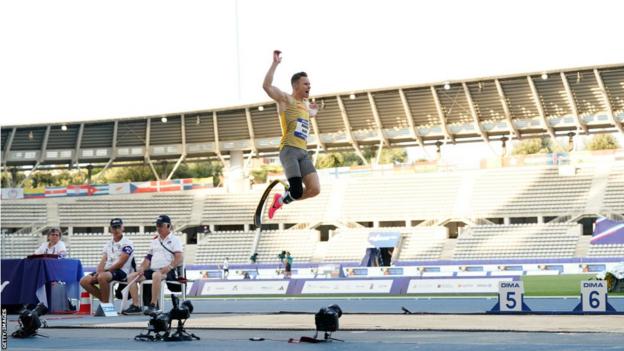
The biggest change for athletes was a return to ‘normal’ competition with crowds able to support them.
“It means so much more to get on to the podium and to have friends and family there,” said wheelchair racer Sammi Kinghorn, who won the most medals for GB with a gold and three silvers.
“I won my first Paralympic medal in Tokyo and to get that in front of nobody was heartbreaking, so to come here and have all my family here and win a medal is the best part.”
The medal ceremonies took place in a special area at the back of the stand at the end of morning sessions and before evening sessions, which allowed spectators to get closer to the athletes.
The media presence was also considerably bigger than at previous championships, including a large contingent from Japan with Kobe hosting the next Worlds in May 2024. There was also a healthy presence from French media.
Rising standards and star performances
With more than 30 world records broken and numerous championship and area records also set, standards are rising across Para athletics with a year to go to the Paralympics.
A total of 61 nations won medals – two fewer than at the last Worlds in Dubai in 2019, although both Russia and Belarus were not in action in France as their athletes remain banned by the International Paralympic Committee because of the war in Ukraine.
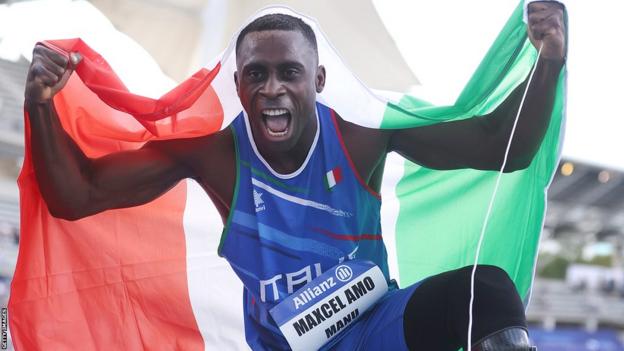
New names to break through included Italian amputee sprinter Maxcel Amo Manu, who won the T64 100m, beating Britain’s Jonnie Peacock into fifth, and then took a dramatic 200m in the final session.
American teenager Jaydin Blackwell, who has cerebral palsy, also created a stir, completing a double in the T38 100m and 400m on his major championship debut, setting a world record in the latter.
And Colombia’s Karen Palomeque set two world records on her way to three golds in the T37 100m, 200m and 400m.
“People are now running faster, jumping further and throwing further,” explained javelin thrower Hollie Arnold, who has been part of the GB team since 2008 and won her fifth world title in Paris.
“But I think people have so much expectation on those who have won before. They do everything on the day and that is what they give, but that doesn’t mean to say they aren’t working hard.
“It’s good for the sport to have new people coming through because it shows how much talent there is and we need more.”
Established Swiss wheelchair racers Catherine Debrunner and Manuela Schaer dominated their events, coming back with four and two golds apiece while their team-mate Marcel Hug added another three titles to his long list of honours.
And once again, German ‘Blade Jumper’ Markus Rehm thrilled the crowd with victory in his long jump event in a new championship record of 8.49m – a mark which would have won gold at every Olympics from Athens in 2004 onwards.
The main disappointment was the performance of the home nation, with France only winning four bronze medals to languish 58th in the medal table below the likes of Costa Rica, Mauritius and Saudi Arabia.
The performance will heap pressure on the athletics team, many of whom do not have age on their side, before next year’s Games where they will find themselves under massive scrutiny.
Ukrainian athletes shine amid adversity
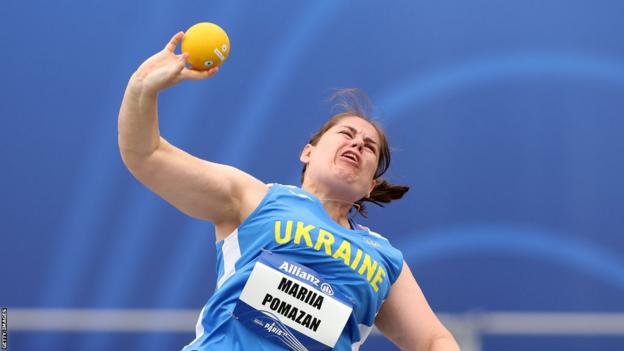
But while every athlete and nation will celebrate their victories in Paris, some have a bigger significance.
A 31-strong Ukraine team competed in Paris, winning 22 medals, including 10 golds – a huge achievement given the situation the country still finds itself in and considering the team’s main training base in Bakhmut has been destroyed by Russian forces.
“Our athletes are heroes that they are still able to win medals for the country,” team leader Kseniia Kryvenko told BBC World Service.
“We have another facility in Western Ukraine furthest away from the occupied territory where athletes can train in safe conditions.
“But our athletes are always under stress because even if they can train in a safe location, they still worry about their families who are staying in their homes and are under constant attacks from the Russian army.”

